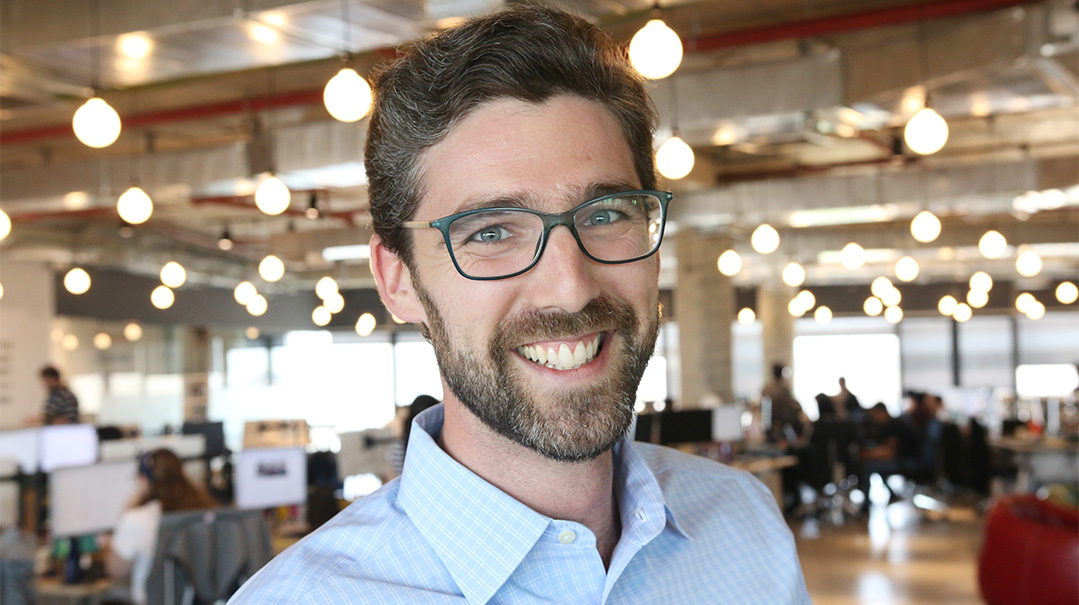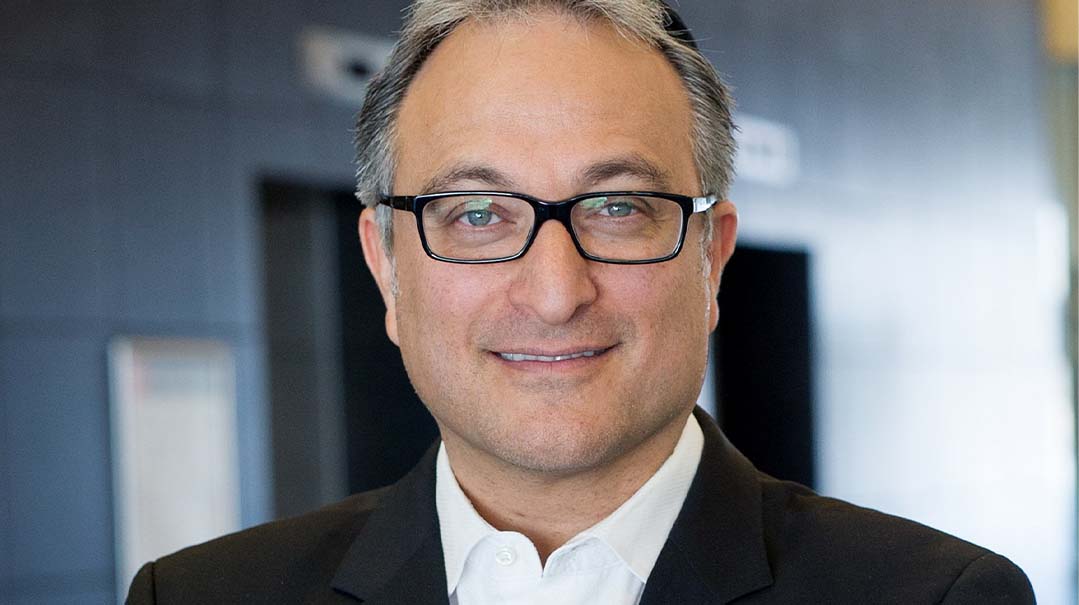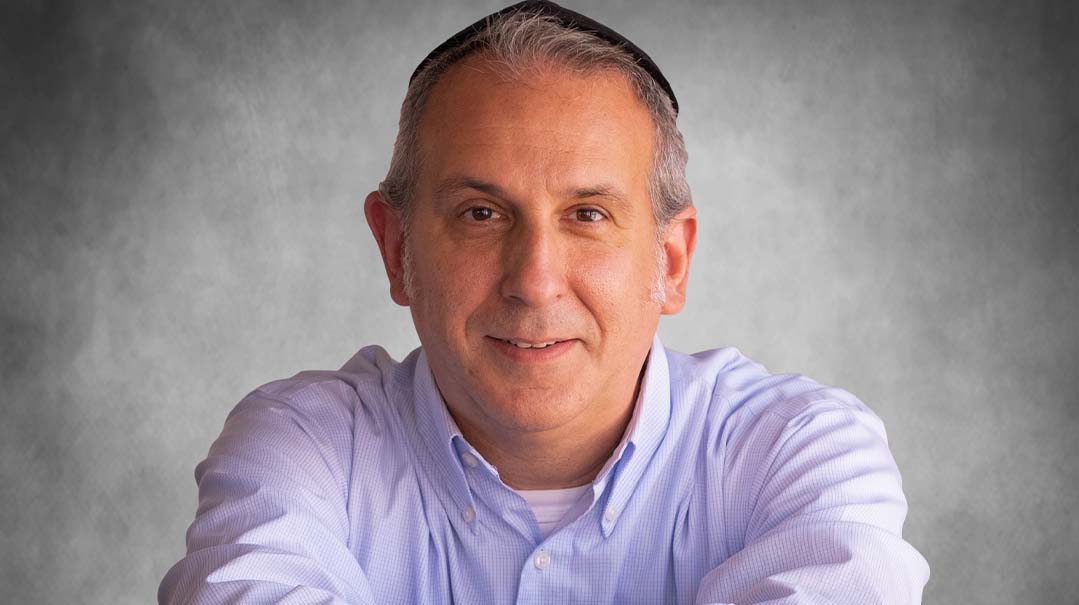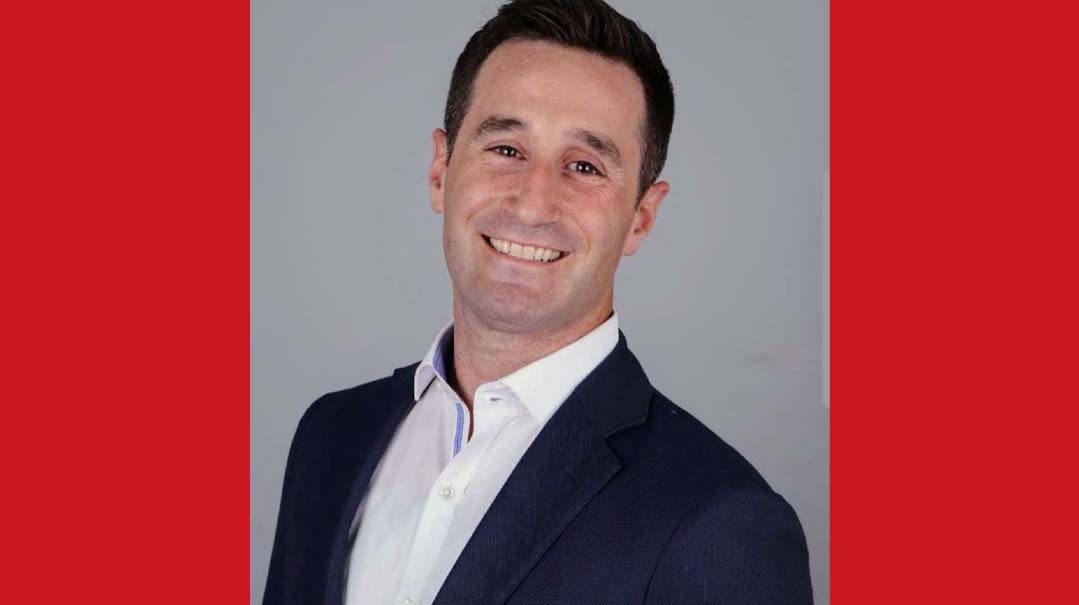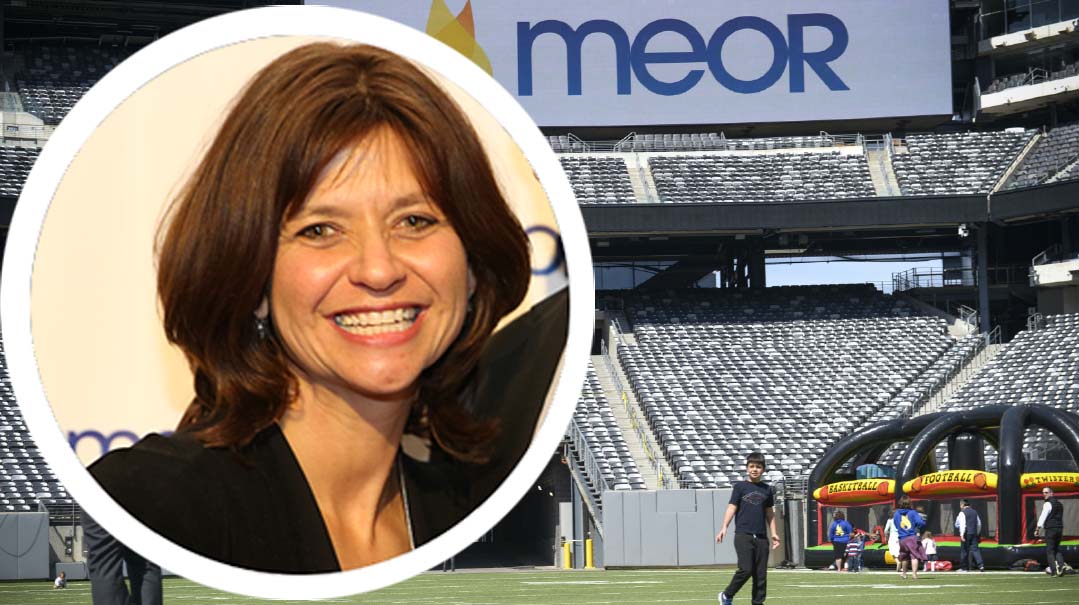Work/Life Solutions with Eli Stefansky

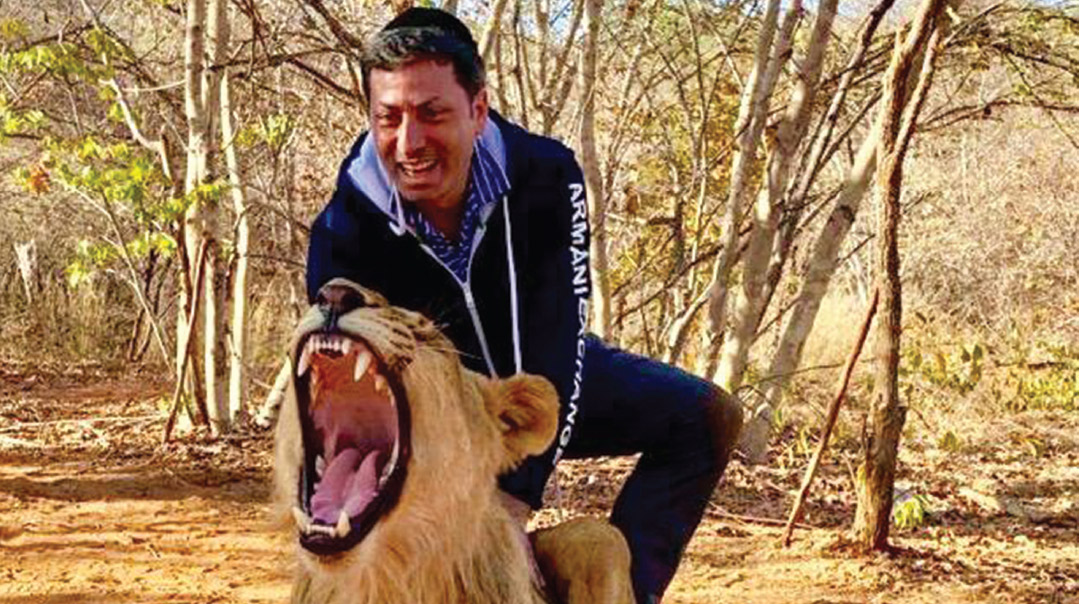
W
ho Eli Stefansky, president of Prime Quest Management, daf yomi maggid shiur, and founder of the widely popular “8 Minute Daf” video series.
What Eli literally build Prime Quest from the ground up. Early on, while passionate about real estate but without a clue how to get started, Eli worked for a few years in no-frills physical labor — as an electrician, plumber, and carpenter — in order to understand how things actually work. One thing then led to the next: Eli was offered a deal to buy a large number of apartments, focused on adding value (renovation, better management, and filling more units), and then grew his business into other areas, such as commercial real estate and multifamily complexes.
Where Before moving to Israel six years ago, Eli called many places “home.” He was born in Lakewood, NJ, and then relocated to Far Rockaway, where he attended Darchei Torah as a child. His family then moved to Bnei Brak for three years, where he attended Tashbar and Ponevezh, learning under Rav Michel Yehuda Lefkowitz. Afterward, his family moved back to America, where Eli went to yeshivah in Passaic and Chaim Berlin, before going back to Israel to learn in the Mir. He then got married, moved to Chicago, and built Prime Quest. Finally, he decided to move back to Israel six years ago (read on to see his inspiring reason) where he, his wife, and five children call Ramat Beit Shemesh “home.”
Why How many people do you know whose dedication to learning and teaching Torah have significantly increased as they aged into their thirties and forties? Oftentimes, with personal and professional responsibilities towering over our calendars, allocating precious time for Torah tends to dwindle. Eli Stefansky, however, is an anomaly. While his family grew and his real estate business was becoming more successful, he has nevertheless been shifting more and more of his valuable time, energy, and passion into Torah (more specifically, daf yomi). He now teaches two daily daf yomi shiurim, he’s spearheading a local Daf Yomi Center in RBS, and he produces the “8 Minute Daf” video series, in which he brilliantly summarizes every daf. Wait, did I also mention that he jumps out of airplanes, snowboards, and hangs out with lions?
1 of 9: What opportunities or personalities played a role in your career?
I went to various yeshivos, including Chaim Berlin, Passaic, and even Ponevezh yeshivah ketanah in Israel. Later, when I was in kollel, I knew I had to do something for a parnassah. I wanted to do what I was passionate about — real estate — but I wasn’t sure how to get into it. In the meantime, I also began catering to make ends meet, doing about 100 weddings per year in Chicago.
During one of my events, a real estate broker (who happened to be a guest at the simchah) came over to me with a bizarre offer: He had a package of 2,000 apartments in Indianapolis that he wanted me to see. I thought he was crazy — I went home and thought about how bizarre it sounded. After all, I was a caterer!
But I reminded myself of my dream to get into real estate and then allowed my imagination to drift: What if I can take these 2,000 apartments and come up with something creative? Like, could I buy 100 apartments? What would it take to get the investors? I came to the conclusion that I could do a hundred. But wait, if I could do a hundred, why can’t I do 200, or 300, or even 1,000… or what about 2,000?!
It was a huge dream, and pretty crazy too. But I figured, why not give it a shot? What’s actually stopping me?
I started knocking on doors and asking people if they wanted to invest. And I was surprised that people were willing to listen. Would they be interested in investing in a deal for 100 apartments (because it would’ve been too much to suggest I was planning to purchase 2,000)? Yes, they were. “But what’s your experience?” they’d ask. I’d invariably respond: “I don’t have that much experience, but I’ve been dabbling in construction on the side, so I have experience with renovations.” Thankfully, they were sold on that.
Then, it came to a point where I had to make a decision: Drop my catering business to focus totally on this real estate project?
Yes. I jumped into it, giving up on the catering. There were so many ups and downs and trying times, such as investors backing out at the last second. And there were funny times, too, like when I was meeting with the seller from one of the largest real estate management companies in the US (who flew in on the company’s private jet to talk to me), and I didn’t even have an office.
There was so much Hashgachah pratis in how the story unfolded, but the point is that I’ve taken that lesson for everything that I do today, including daf yomi: You have to dream huge, you have to think really big! And it’s not just a cliché — you have to think bigger than what you could have ever imagined and set your goals really high because you can achieve a lot more than what you think you can. And if you go for those really high goals, you actually have a chance of getting there. But if you don’t have a high goal, what are the chances you’re going to reach that height?
That was 2005, nearly 15 years ago. Now, in my daf yomi endeavors, I’ve thought the same way. For eight years in Chicago, I had a small daf yomi shiur of a few guys, but when I moved to Israel about six years ago, I was determined to build a strong daf yomi chaburah. Could we get 40 to 50 guys? Not sure why they’d all listen to me, but let’s serve good coffee, produce daily colored visuals, create a great environment, host nice siyumim, and make it really interesting — and baruch Hashem, now that we have 45 guys, we have to change the goal to 200!
Similarly, with the “8 Minute Daf” video (a daily daf yomi review) that summarizes the daf in eight minutes with the charts and pictures I use in the shiur, I decided at the beginning that my goal is to have 10,000 subscribers. Critics told me I wouldn’t even get 100 — but I tried anyway. And in the first three months, we got about 2,000 subscribers (without marketing), and I’m confident we can still hit the 10,000 goal.
I really want to stress that if an elementary school dropout (my parents made aliyah when I was in fifth grade) was able to achieve these huge goals, anyone can. And I encourage all of you reading this, each in your own unique way, to be bold and try something huge like this in your lives, too. “Think big” in itself is just an empty cliché. You have to “believe big!” You have to think like the Ponevezher Rav. With only ten bochurim, he said he’s building a yeshivah for a thousand students. Everyone thought he was dreaming, but he said that you’ve got to believe big! He was confident that he’d eventually do it — and you know the rest of the story.
3 of 9: What do you do to relax, recharge, or simply have fun? How do you make time for that, and how often?
I’m a little crazy — and a bit extreme. I like to fly planes (and jump out of them), I like to scuba dive (occasionally with sharks), and I really love snowboarding. Each season, I try to take one good snowboarding vacation with my kids.
Any snowboarders out there know that after a long day on the slopes, you’re finished. You come home exhausted, you can barely make it into the shower — you eat and you fall asleep. But recently, since I started the “8 Minute Daf” video, I’ve had to focus my snowboarding days around that. I’ll wake up early to record (or even record on the slopes) — it’s nice for my children to see that even though I’m exhausted, I can still prioritize my learning.
I recently went on a safari, too. I love animals, so it was a dream come true — my wife’s gift to me for my 40th birthday (even though it actually took until the age of 47 to take the trip). So, there I was in the actual safari, and together with the lions, I did the “8 Minute Daf”.
4 of 9: What was your most resounding failure? What did you take away from that experience?
My biggest failure was when I ventured outside my area of expertise. I think it’s extremely important in business to focus on what you know best — it’s all about your experience. Build your experience in an area that you enjoy and stick to it.
My failure was when I went into a business that I had no experience in. I was told it’s a great business and can generate a ton of money, but I didn’t know anything about it. And because I went into it without really knowing all the angles, I lost a lot of money. So my advice is don’t go into a business that you don’t know. Stick to what you know.
5 of 9: If you were granted an extra three hours per day or a spare million dollars, what would you do with that time or money?
This probably sounds totally cliché — but I would choose the three hours to learn Torah. That’s my focus right now — I’m building the business I call “learning.” I’m trying to build as many zechusim as I can, “buying up more (spiritual) real estate.” I don’t have enough Olam Haba currency in my account — I feel like I need to be more creative to accumulate more.
As I’m getting older, I just want to say more shiurim, learn more Torah, do more chazarah, prepare better for my shiurim — that sort of thing.
I’ll give an example: I moved from Chicago to Israel in my prime. I was 41 years old, my business was growing and we had just moved into a new, beautiful home. But even though I was learning daf yomi, taking the Dirshu tests, and learning first seder for a few hours, I realized that I was chasing the wrong thing. It occurred to me: So, you built this house, you have nice cars, you have the money, and then what, what am I going to do with all this?
I thought maybe it would be a little bit better for ruchniyus — for my wife, my children, and me — if we moved to Israel. Initially, I was traveling back to Chicago once a month to run the business. But gradually, as my daily learning increased from two hours to three hours to four hours and more, I realized that everyone is better off if my partner takes on more responsibility in the business and I focus more on my learning and teaching.
I also want to stress that while I dedicate more and more time to learning, it still doesn’t come easy for me. So what I’ve done is to create a “mechayev” — and the shiur is my instrument of accountability. This, for me, is huge. I started a shiur in my house on Thursday nights, in which I would summarize the week’s daf yomi. We got a large crowd (we served good food), so that meant I had to really learn the daf well enough to teach it. Then I added a daily daf yomi shiur, too, giving me daily accountability on the daf. Then came two daily shiurim (one in the morning and one at night); and then came my “8 Minute Daf” video review — it’s all about creating more and more accountability.
I keep on adding to this list and people think I’m crazy. But I know that I work best under pressure, and I want to learn and know more Torah, so this accountability ensures that it happens. I recommend to everyone to create accountability, whether it means getting a chavrusa or saying a shiur or taking tests — anything that will create that mechayev for you.
8 of 9: Can you share a time when you had to navigate the tension between your deepest values and the business world?
This isn’t such a good question for me — or maybe it davka is? — because tension doesn’t play a big role. There’s not a lot that can throw me off. When things don’t go as planned, it doesn’t rattle me, because I’m a firm believer that everything happens for a reason.
9 of 9: If you were advising a young man/woman hoping to launch a career as an entrepreneur, which “do’s” and “don’ts” would you share?
First, try to gain as much professional experience as you can. Work hard and learn from the best people in the business. I find that a lot of us (myself included) try to jump right away into our own business, thinking we can do it ourselves. But instead, I recommend that you spend the time to learn from the best, and gain as much free experience as you can (think of it as a free education). It can take years to really understand a business.
Second, learning Torah should always be the main focus. It’s our responsibility to bring parnassah and we need to make hishtadlus for that. But I don’t believe we are obligated to invest 16 hours of hishtadlus per day, completely forgetting why we’re here in the first place. I promise you that if you replace work time with Torah, you will see results not only in Torah but in every aspect of life, including that parnassah you thought you were giving up.
Because if we learn, we become much better people — better fathers, better husbands, better businessmen. Then everything comes together.
(Originally featured in Mishpacha, Issue 792)
Oops! We could not locate your form.







